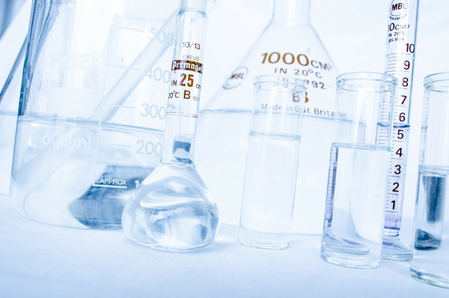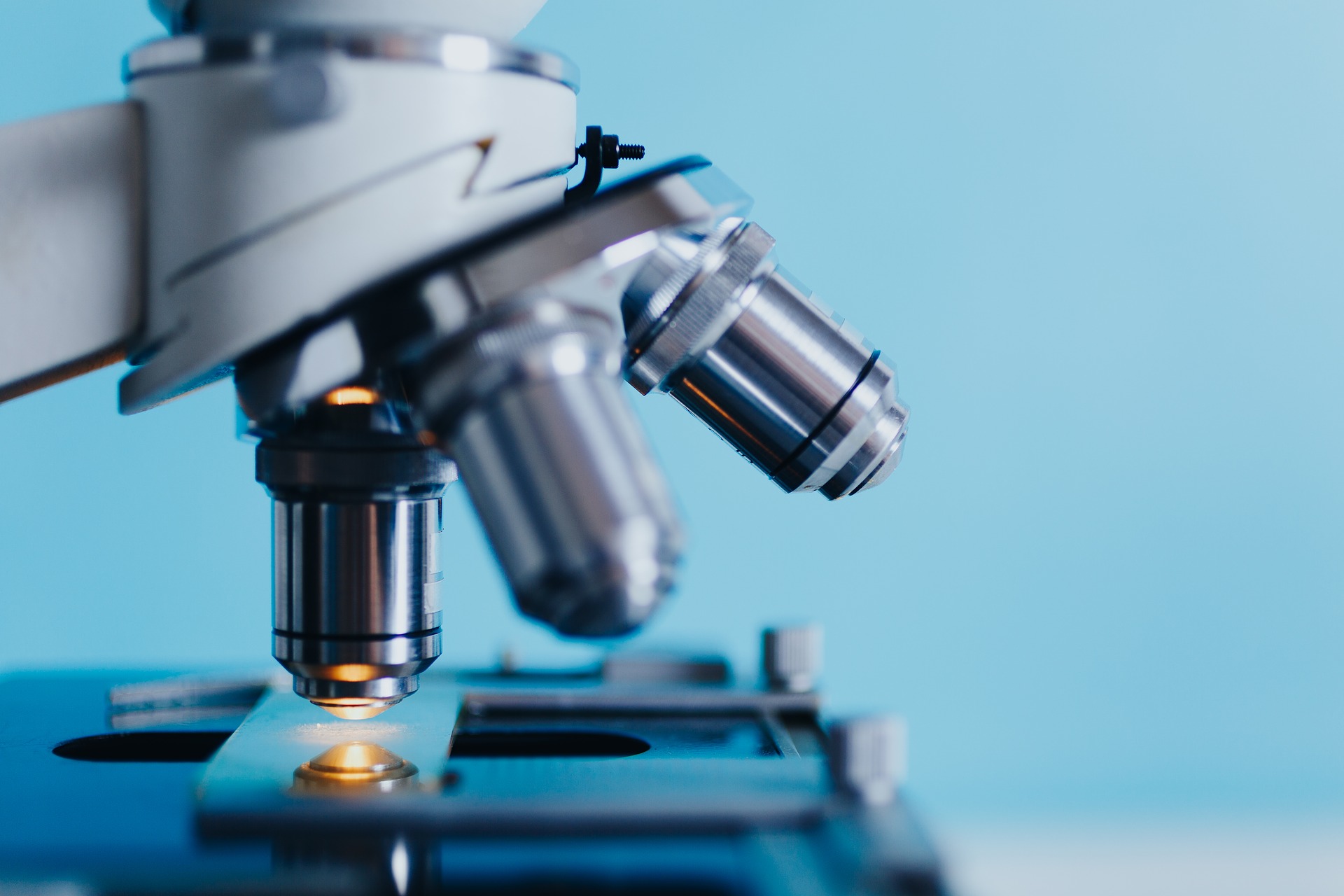Enhancing Science Education: Integrating Hands-On Labs and Virtual Experiences?
Science is all about asking questions and making observations. Learning science should involve seeing, handling, and manipulating materials. This is what I loved about science as a student, and it is also why I love teaching science now. Labs and hands-on activities allow for observation of processes and relationships. This addresses multiple learning styles and captures the interest and creativity of students. Direct interaction with data improves problem solving and critical thinking, encourages deeper understanding and longer retention, and may inspire a student to further inquiry and discovery. The National Science Teachers Association (NSTA) states that “for science to be taught properly and effectively, labs must be an integral part of the science curriculum. “
The National Science Teachers Association (NSTA) recommends that all pre K–16 teachers of science provide instruction with a priority on making observations and gathering evidence, much of which students experience in the lab or the field, to help students develop a deep understanding of the science content, as well as an understanding of the nature of science, the attitudes of science, and the skills of scientific reasoning (NRC 2006, p. 127). https://www.nsta.org/about/positions/laboratory.aspx

How can you include virtual lab activities into homeschool and online learning? As a classroom teacher, I include these kinds of learning experiences daily. But as an online homeschool teacher, I have had to carefully consider how to incorporate this type of learning. When students live in multiple zip codes and countries, providing access to hands-on experiences is a challenge. As I have searched for meaningful ways to include hands-on experiences, I have discovered a number of excellent virtual lab options that, while not being directly hands on, do provide students with lab experiences that promote deeper learning.
Below are some of my favorite sites. I hope you find a few that will be useful!
- HHMI Biointeractive – free online labs and simulations with downloadable resources
- Learn.Genetics – free online labs covering many topics, includes downloadable resources and teacher tips on a companion site (teach genetics)
- Glencoe Virtual Labs – free online, includes life science, earth science, and physical science labs
- Pearson Lab Bench – free online Biology labs
- Molecular Workbench – free but requires a download, includes embedded assessments
- PhET Interactive Simulations – free online simulations covering many topics, includes downloadable resources and teacher tips
- McGraw-Hill Biology Virtual Labs – free online labs and virtual dissections
- EduWebLabs – this one is not free, but it is hands down my favorite for simulating actual hands on activities in the lab – excellent for AP Biology and Advanced Chemistry.
These are some great sites to help you make your science activities more hands-on and FUN!






